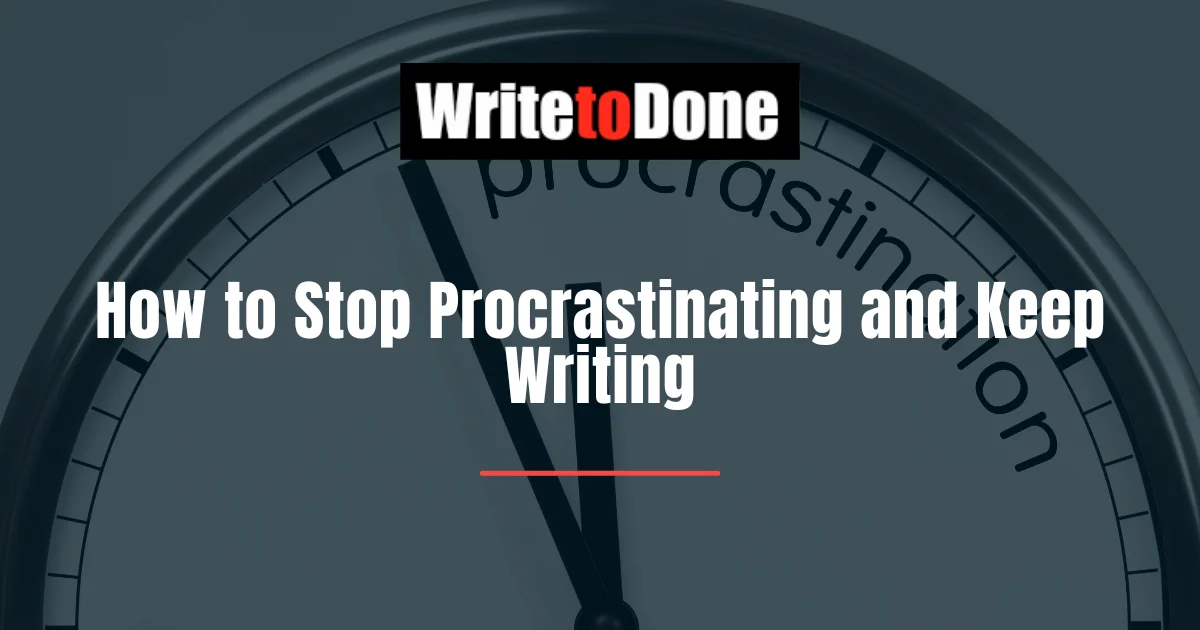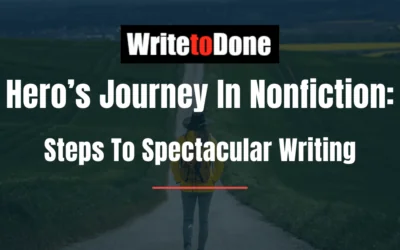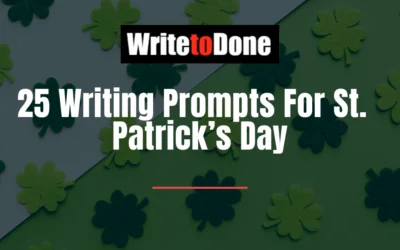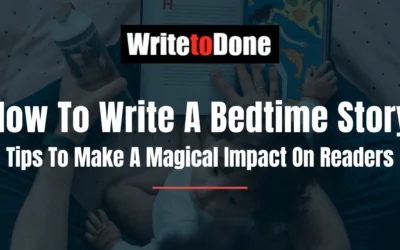Do you want to know how to stop p
It’s taken me almost an hour to make a start on this post. First, I had to have a coffee, then I needed to check Facebook, then Twitter. Note the hyperbolic phrasing of that last sentence–
And I’m
It doesn’t have to be this way. Writers like Ernest Hemingway and Kurt Vonnegut
Fair enough, the distractions these days are probably more insistent and pervasive, but that doesn’t mean they can’t
So how do you go about slaying the demon of delay and get cracking with that novel? As a seasoned vacillator myself, who will happily put off, postpone and defer until the cows are home and my editor has lost all patience, I’ve done some thinking on the subject (usually when I should have been writing).
After experimenting with different ways on how to stop procrastinating, I’ve hit upon a few strategies that really seem to help…
Establish a realistic routine
The aforementioned Hemingway and Vonnegut would get up ridiculously early and write for hours before breakfast. Among contemporary novelists, Haruki Murakami follows a similarly exacting schedule. This isn’t for everyone. You know better than anyone when you’re at your most creatively energetic.
Establish a daily routine based around your natural biorhythms, be it first thing in the morning or last thing at night. (For me, it’s from around 7 till 11 am.) If you can do that, you’re much more likely to stick to it over the long term.
Once you’ve found your productive sweet spot, give yourself a realistic number of hours at a stretch where you’re unlikely to be disrupted by physical needs such as food or caffeine. An uninterrupted four-hour session is just about ideal.
Have a clear plan
Procrastination is often just a symptom of something else that’s wrong. For example, you might be uncertain about where your novel is going or what the next stage should be, or
Far easier in these difficult moments to retreat into something more immediately pleasurable such as Instagram or a game of Fortnite.
You can prevent this
That way,
Set achievable goals
So you’ve established your daily routine and have a clear plan for how to write your novel. The next step is to decide how much you
The temptation is to write a full chapter or scene in one session. It looks like a neat and logical way of progressing, and it means you can follow through any thoughts you have about a particular scene while they’re still fresh in your mind.
There’s also the sense that the flow of your creativity matches the rhythms of novel itself. Author is in sync with
Wrong.
Chapters or scenes are not only different lengths but also present writers with different
You write at varying speeds, depending on the scene. Consider each scene on its merits and make your own judgement as to how long it will take you, based on its complexity. Be realistic about what is achievable, because there’s nothing more demotivating (and likely to tempt you back to your old procrastinating ways) than missing a target.
Keep the love alive
The trouble with writing a novel, especially in the later stages, is that your relationship with it becomes a little like a marriage. You love it
So you need to
I’m not talking here about fantasy role play (
Believe me, this really works. The following day, instead of idly checking a news website or watering the plants, all you can think about is getting back to your wife, I mean novel.
Don’t let the perfect become the enemy of the good
The trouble with novels, once written, is that they’re never
My rationale, I suppose, is that the more I work at it, the closer I’ll get to my original, perfect conception. So like a mad sculptor I’ll chip away at it for hours, searching for some platonic ideal of the scene that probably doesn’t exist.
To any outside observer I would look like I’m working on my novel.
So these days, when I find myself obsessively rewriting a passage, I’ll get up and go and do something else for a while. Nine times out of ten, when I return to my desk I’ll realise the scene I’ve written is perfectly fine, and I’ll move on.
Avoid distractions and resist temptations
Before you begin your daily writing session, switch off the phone, email and all other electronic distractions. Lock the door on your family and inform them that that they can only disturb you in the direst of emergencies. If possible, try to minimise ambient sounds such as street noises.
Prior to your session have a refreshing beverage and/or meal, so
And finally… how to stop procrastinating for good
Writing is hard work. Struggling to fashion our thoughts and ideas into fine words takes effort. We may suffer from self-doubt, or fear that we have nothing original to say. The rewards of novel-writing are very back-loaded, with all the praise and money (if any) coming long after the effort of creation.
It’s therefore unsurprising that we sometimes long to be anywhere but at our desk, seeking more immediate rewards online or in the fridge.
I don’t pretend that there isn’t
The real key on how to stop procrastinating is rediscovering the pure joy of creativity that led you to become a writer
What are your tips on how to stop procrastinating? Let me know in the comments below.
















